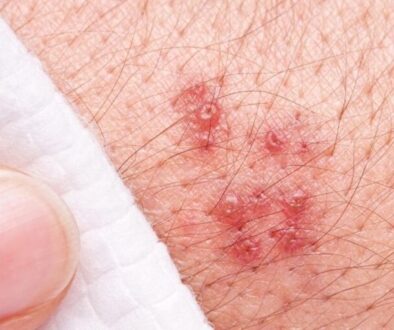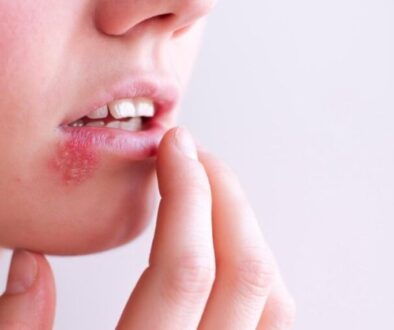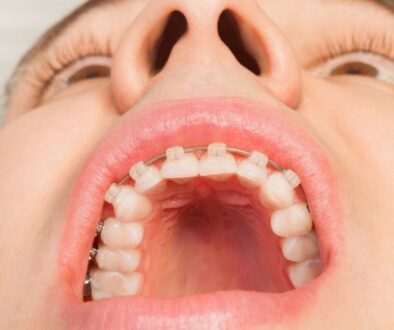Frequent or Burning Urination: Is this Herpes?

Published August 17th, 2020
When one of our bodily functions stops working as expected, it can be quite alarming. Urination is one of those essential functions necessary to keep us alive. It involves expelling liquid waste from our body in the form of urine, or pee, as it is more commonly known. For most, the bladder holds urine until it signals that they have to expel the urine. Urination should be a simple and painless process that you don’t even have to think about.
But what happens when urination becomes way too frequent, or you start feeling a burning sensation when doing it?
Healthy humans generally urinate 6 to 7 times a day with average fluid intake. Frequent urination refers to having the urge to pee at an abnormally higher rate. Urination happens much more often, essentially making you a slave to your bladder. While urinating may be painless, constantly having to go to the bathroom can be incredibly irritating.
Painful urination, or dysuria, is far more prevalent in women than in men. For both men and women, it results in mild to severe pain, discomfort, burning, and tingling sensations. Pain is commonly felt in the urethra, or inside the body (prostate, bladder, and the lower part of the pelvis).
Both these two conditions can be symptoms of a different underlying problem.
Is this genital herpes?
It could be. One of the symptoms of herpes simplex virus-2 (HSV-2), or genital herpes, is painful and frequent urination. The virus can cause inflammation to your genital area, causing painful blisters. You may also observe abnormal discharge coupled with painful urination. If you’ve experienced these following recent sexual contact, you’ll want to consult with a physician to get a proper diagnosis.

What causes frequent urination?
Many factors influence how often you urinate, including habits, medical conditions, and specific life circumstances. Here are the common causes of frequent urination:
- Overhydration: the most common cause of frequent urination is consuming a lot of fluids. As long as you continually hydrate, your body will expel the fluids it isn’t using.
- Diuretics: A diuretic makes you urinate more frequently than average. Some examples are alcohol and caffeine. Some medications, such as those that treat high blood pressure, may also have diuretic side effects.
- Overactive bladder (OAB) syndrome: OAB is exactly what it sounds like. Your bladder empties much more often than it actually needs to, causing you to urinate more. Around 30% of men and 40% of women in the United States have this condition. OAB can cause incontinence or the uncontrolled leaking of urine.
- Interstitial cystitis (IC): IC is a condition wherein the muscles in and around the bladder become inflamed, which leads to frequent and painful urination. Women make up almost all of the IC cases (80%).
- Stress and anxiety: Stress and anxiety are known to affect various bodily functions, including the digestion and urination. There aren’t clear explanations of why it causes frequent urination, but it could be because of our natural fight or flight instincts.
- Diabetes: both type 1 and type 2 diabetes can cause you to urinate more frequently. Diabetes causes an imbalance of your body’s sugar levels, and urination is a way it expels excess glucose.
- Bladder stones: Bladder stones appear when naturally occurring minerals come together to form small, solid clumps. Along with frequent urination, painful urination is also to be expected.
What causes burning urination?
Dysuria is a symptom of pain and discomfort during urination. It is more common in older people, especially women. Here are some of the frequent causes of it:
- Urethritis: this is the inflammation of the urethra. STIs like gonorrhea and chlamydia usually cause this inflammation.
- Vaginitis: is an inflammation of the vagina. Infections to the vagina can cause unpleasant odors, discharge, and painful urination.
Sexually transmitted infections (STIs): Common STIs, such as genital herpes, chlamydia, and gonorrhea, may cause painful urination.
Suffering From Herpes Type 2 Outbreaks?
Herpezine is a specially formulated all-natural mixture of ingredients proven to help relieve and prevent HSV2 outbreaks when used as directed. This safe, over-the-counter Herpes treatment contains both traditional homeopathic and scientifically proven anti-viral ingredients such as L-Lysine HCI and Bee Propolis. Learn more about Herpezine on our website and visit our pricing page to purchase your first bottle.

About The Author
Terrence Tan Ting is an industrial engineer by profession but a full time writer by passion. He loves to write about a wide range of topics from many different industries thanks to his undying curiosity.






